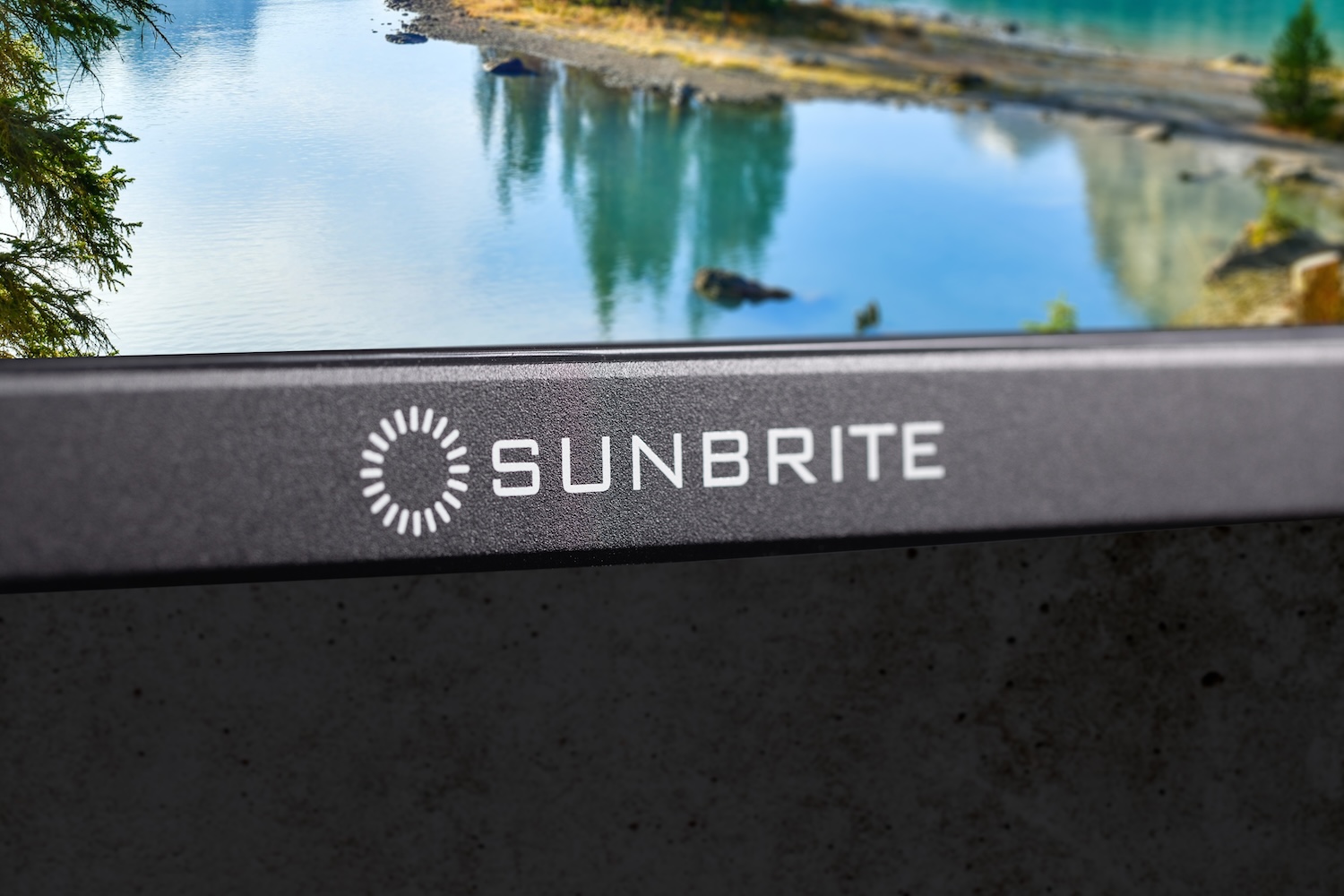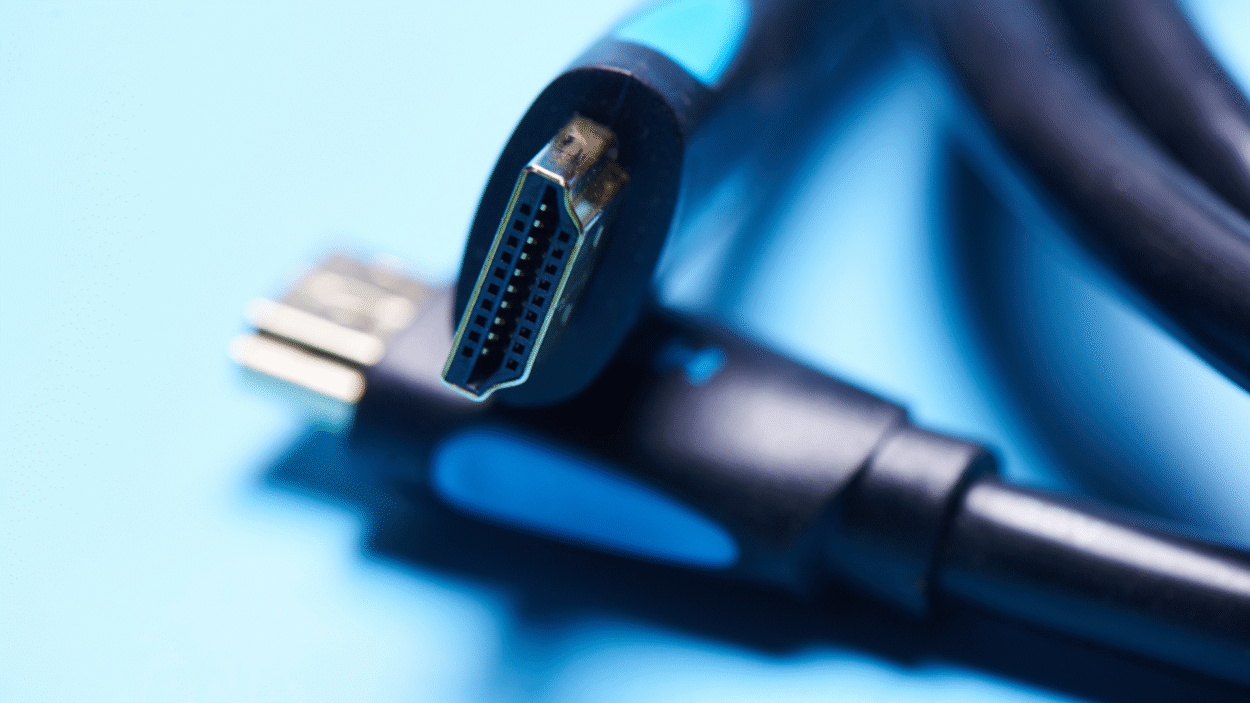We ask industry experts one question: In what ways does your company provide remote service for clients?
Eric Crawford, The Loop, Boise, ID
The Loop sees remote service as a win for both sides – us able to respond faster to client needs resulting in happier clients and us able to address issues at a lower overhead since there is no driving or applicable burdens. We use VPN tunnels, OvrC, and Domotz, all under our ProCare brand, to manage power state, network uptime, firmware updates, and even remote entry/exit for third-party tech scheduling. Just recently, we used our remote management platform to manage an HVAC service for one of our clients, resulting in us actually making money on an HVAC service call.
John Sciacca, Custom Theater and Audio, Myrtle Beach, SC
Currently, we mostly rely on OvrC-enabled products that we configure to auto-reboot the network (modem, router, switches) if internet connectivity is lost. If that doesn’t resolve the issue, we can log into the OvrC account and reboot outlets as needed for cable boxes or controllers. We also use Control4’s remote access to log in and check IP connections and status.
Travis Leo, Residential Systems Inc., Denver, CO
One of the most unique ways we provide remote services for our clients is by providing them with cloud-based NVR/DVR services for their camera systems. Through years of experience, we found that 99 percent of the time when a client wanted to access recorded footage from their camera system, they would end up calling us to help them do it because they had forgotten how to do it. We decided to start offering those services remotely, so that our clients could contact us when they needed to view footage, and we could send it to them directly [for a fee].
Barry Reiner, InnerSpace Electronics, Port Chester, NY
All of our integrated control systems include a network monitoring device and an IP addressable power controller (Wattbox, OvrC, and BlueBOLT products primarily). We monitor our client’s systems and we are notified if any device disconnects from the network. We are able to log on to our systems, reset devices, and test our systems in most circumstances.
Scott Fuelling, Phoenix, Memphis, TN
Our company utilizes a third-party remote monitoring solution combined with IP-controlled outlets to remotely manage our clients’ systems. We have found this to allow proactive solutions, in most cases, prior to client notification of an issue. We are monitoring electrical, internet bandwidth, and speed, as well as all networked devices in the home. This, coupled with our 24/7/365 on-call support, allows us to provide the level of service our clients demand.
Gordon van Zuiden, cyberManor, Los Gatos, CA
cyberManor provides remote services via a number of different platforms: OvrC, Domotz, Lutron, Control4, and TeamViewer. We use the remote service that is most appropriate for the client based on the hardware that we have installed in their home and the remote services that we are trying to provide. And, of course, there is always the tried-and-true phone-based service call.
Joe Whitaker, The Thoughtful Home, St. Louis, MO and Dallas, TX
Depending on the project, we use both Pakedge BakPak and OvrC. With our proactive – rather than reactive – approach, we monitor all items in a smart home. If an issue were to occur, our team remotely addresses the issue. In most instances the issue is resolved before the customer even knows that there was an issue. Another remote service we offer is remote system OS, network, and security updates. To date, about 90 percent of the systems we deploy and manage are updated remotely during out-of-use hours.
Tom Stone, Stone Glidden, King of Prussia, PA
We sell Parasol [24/7/360 monitoring service] for $600/year on systems up to $25,000, collecting yearly. On systems from $25,000 to $100,000, we sell a three-year Parasol package for a flat seven percent of the sale (divided over three years). From $100,000 to $250,000, it’s six percent. Sales over $250,000 are five percent (divided over three years). If a client doesn’t opt for our service plan, then they get 90 days of free service, then pay per service call or phone consultation.
Chris Smith, Cloud9 Smart, New York City
Our service standard revolves around Pakedge networks with BakPak and Panamax power with BlueBolt. All clients have that capability in their systems, and it interfaces with our ERP system, ConnectWise, for a ticketing platform. Clients can be remotely managed and serviced without even knowing it is happening! If a client requires onsite service, the ticket is escalated and assigned.








